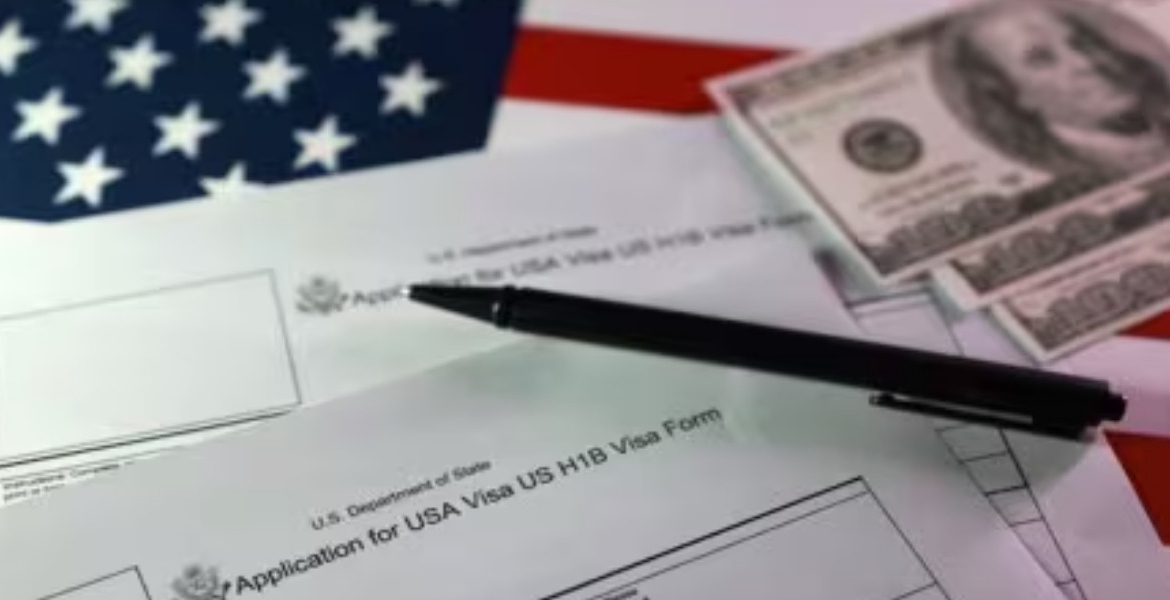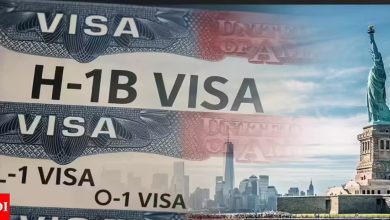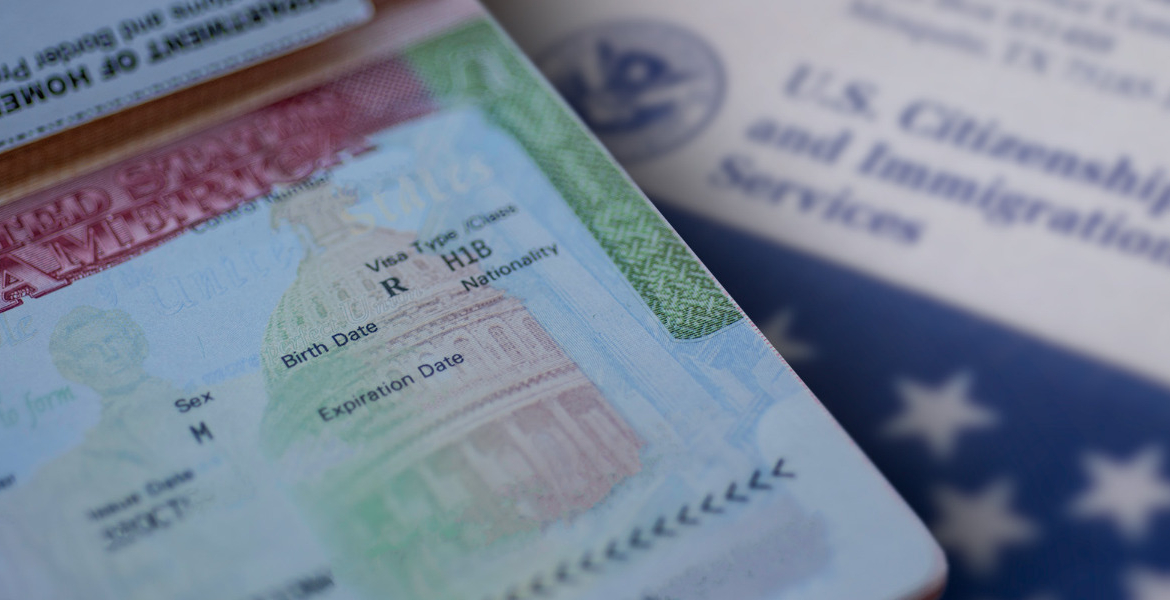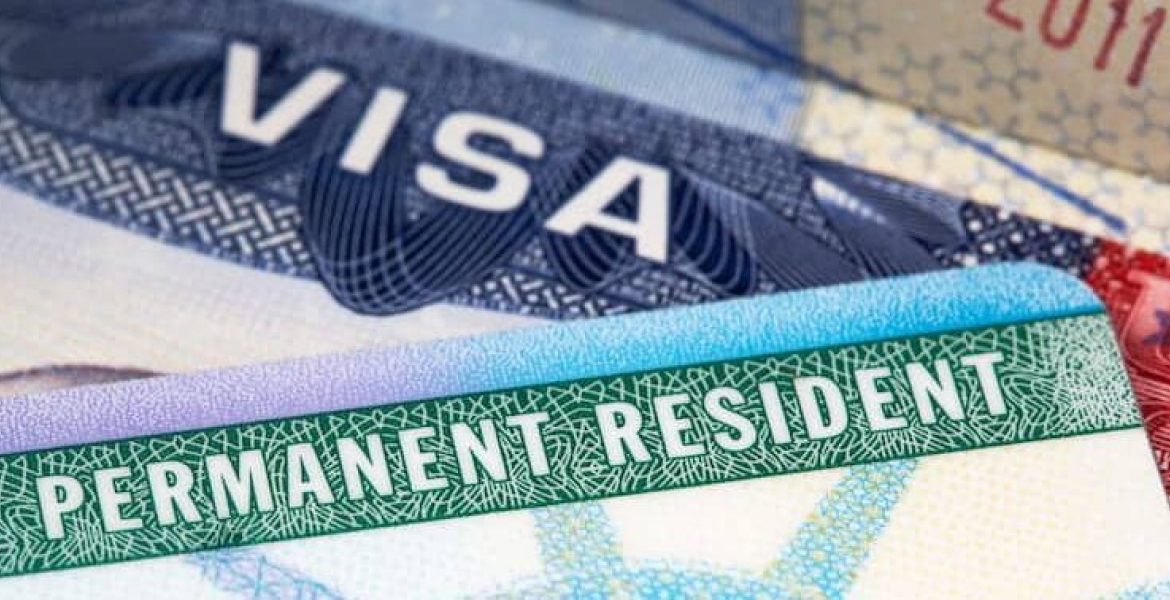Low-Salary H-1B Applicants Face 48% Drop in Approval Rates Under New Wage System

The United States has proposed a major change to the H-1B visa selection process, replacing the current random lottery with a wage-based system that would favour higher-paid foreign workers.
Under the new plan introduced by the Department of Homeland Security (DHS), applicants would be ranked according to wage levels set by the Department of Labour’s Occupational Employment and Wage Statistics (OEWS). Those at the highest wage tier, Level IV, would receive four entries into the selection pool, while those at the lowest tier, Level I, would receive only one.
The proposed system is intended to better align the H-1B programme with its original purpose: attracting highly skilled professionals to fill specialised roles in the U.S. workforce. DHS data shows the change would significantly reduce the chances of selection for lower-wage applicants while increasing opportunities for more experienced and higher-paid candidates.
Currently, all applicants are entered into a lottery system that selects applicants randomly, regardless of wage or experience level. Under the proposed rule, wage level I applicants, typically entry-level workers earning around the 17th percentile for their occupation and location, would see their selection rate fall from 29.59 percent to 15.29 percent.
In contrast, the likelihood of selection for wage level II applicants, considered “qualified” and earning around the 34th percentile, would increase slightly by 3 percent. Wage level III applicants, categorised as “experienced” and earning at the 50th percentile, would see a 55 percent rise in selection probability. The greatest increase would apply to wage level IV, where selection chances would more than double to 61.16 percent.
DHS estimates the policy could result in over 10,000 fewer H-1B cap-subject petitions annually for wage level I workers. At the same time, there would be increases in petitions selected at higher wage levels.
The proposed change is expected to impact sectors that rely heavily on entry-level foreign workers, including technology support, education, and healthcare. While the reform may lead to a more experienced pool of visa recipients, it may also limit access for recent graduates and early-career professionals, particularly those from lower-income countries.





